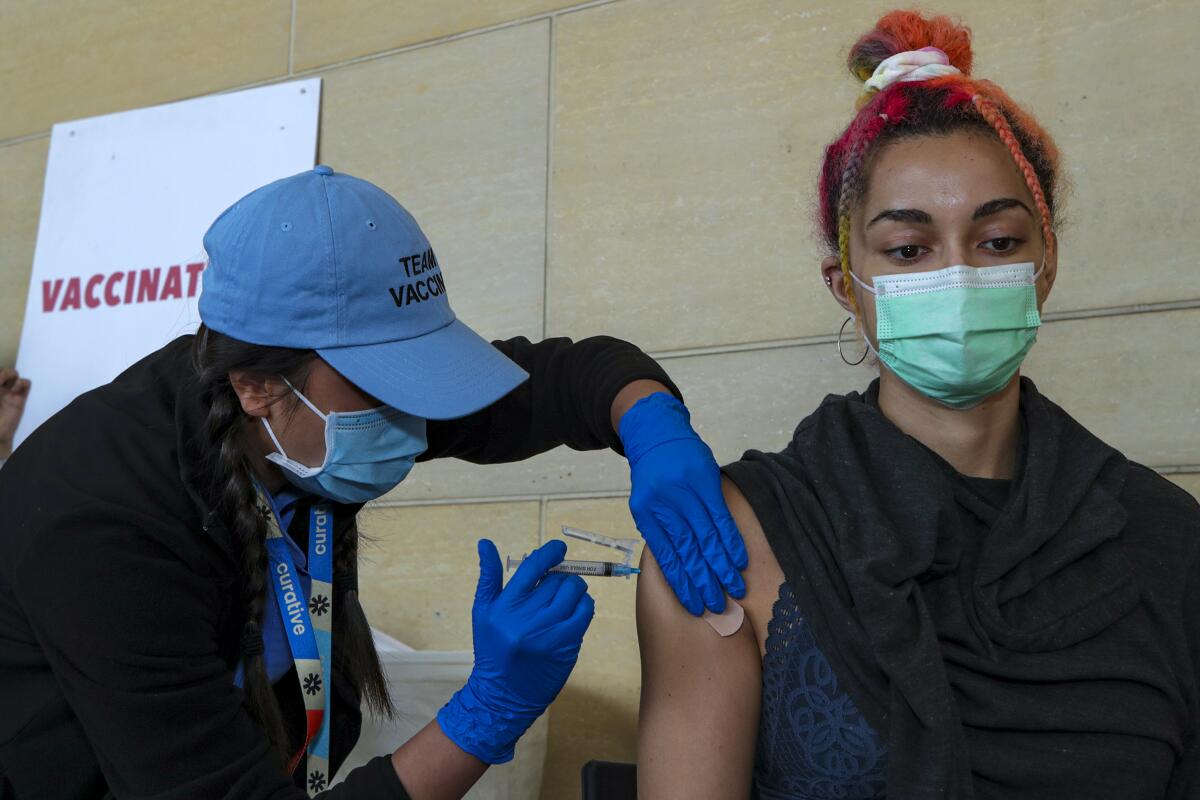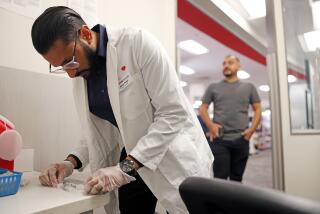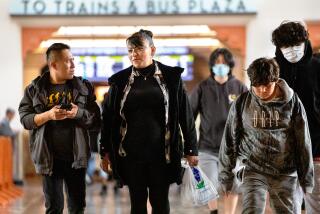The new coronavirus Delta variant: Why some are worried, and some are not

As California heads to a full reopening on Tuesday, federal officials are expressing concerns about the highly infectious Delta variant circulating in the U.S. and dozens of other countries worldwide.
The variant, also known as B.1.617.2, was first identified in India but has since been found in 60 countries, including the U.S. and United Kingdom, Dr. Anthony Fauci, the U.S. government’s top infectious-disease expert, said in a briefing.
The Delta variant is believed to be even more transmissible than the Alpha variant, or B.1.1.7, which was first identified in Britain and has become the dominant strain in California and the U.S. The Delta variant may also be associated with increased disease severity, such as the risk of hospitalization, compared with the Alpha variant, Fauci said.
There is, however, some good news. There are vaccines that have been shown to be effective against the Delta variant, such as the two-dose Pfizer-BioNTech vaccine, and the two-dose AstraZeneca inoculation — a vaccine not yet authorized for use in the U.S. but is in widespread use in the U.K. and similar to the one available in the U.S. manufactured by Johnson & Johnson.
The latest data indicate the importance of getting a second dose for vaccine regimens that require two doses. After just one dose of the Pfizer vaccine, for instance, there was only 33% effectiveness against symptomatic disease from the Delta variant, but after the second dose, the vaccine was 88% effective against the Delta variant, Fauci said.
U.K. officials say the transmission of the coronavirus is peaking among people ages 12 to 20.
Some experts in California, however, suspect the U.S. is in better shape to ward off the Delta variant than the U.K. from spreading among teenagers.
The COVID-19 vaccine isn’t available in the U.K. for people who are younger than 25 and who don’t have underlying medical conditions or aren’t healthcare workers.
By contrast, in the U.S., everyone age 12 and older is eligible for the vaccine.
And even though transmission is increasing in teenagers in the U.K., there are still “so few hospitalizations, because younger people who get the Delta variant don’t get sick that need to be in the hospital,” said Dr. Monica Gandhi, a UC San Francisco infectious-disease expert.
Generally speaking, unvaccinated younger people are less likely to need hospitalization from COVID-19 than unvaccinated older people, and older people have higher rates of immunization against COVID-19 in the U.K.
More to Read
Sign up for Essential California
The most important California stories and recommendations in your inbox every morning.
You may occasionally receive promotional content from the Los Angeles Times.












